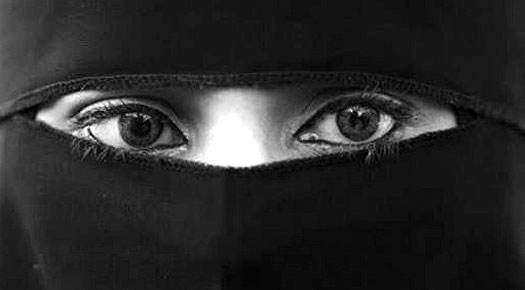
Over 90 percent of Muslim women in India dismiss the Islamic divorce ritual called triple talaq as well as polygamy that was recently banned under the country’s family civil law, found a new survey conducted by women’s rights organization Bharatiya Muslim Mahila Andolan (BMMA). The organization also said that its survey found approximately three quarters of all interviewees want a prohibition on child marriage.
The organization thus concluded that there is a dire need for revisions in the Muslim personal law that governs all family-related disputes for adherents of Islam in India. Women’s rights activists, who believe that the existing law discriminates against women, are now demanding a well-defined law that would criminalize unilateral divorce, polygamy and child marriage.
“It (the survey) suggests that Muslim women are aware of their legal rights and are determined to attain justice in family matters. An overwhelming number of women demand reforms in Muslim personal law as is prevalent in India today,” read a statement from BMMA. “They want an elaborate codified law based on the Koranic justice framework to cover matters such as age of marriage, divorce procedures, polygamy, maintenance and custody of children.”
Muslims happen to be the largest religious minority in India, constituting over 13 percent of the country’s 1.2 billion population. Yet, data collected by the government points to the fact that Muslims continue to be ranked among the country’s most excluded and marginalized communities. Social indicators among Muslim women especially are lower than the national average, with their literacy rate being clocked at only 50 percent as opposed to 68 percent Muslim men and 53 percent women from all other communities. BMMA’s report also detailed that while only one in 100 Muslim women complete their graduation, 37 percent of all women in India finish their tertiary education.
BMMA said even though there is an urgent need to develop women’s access to education, employment and healthcare, it is equally important to address their issue of legal marginalization.
The survey included 4,710 married women from the Muslim community across 10 Indian states and it found approximately 92 percent of respondents believe that a Muslim man should not be allowed to have another wife during the course of his marriage. It also found that over 88 percent of respondents want the triple talaq system to be permanently replaced with the talaq-e-ahsan method, a legal procedure that is spread over a period of 90 days and involves negotiation. Many of the women interviewed reported experiencing triple talaq, whereby a Muslim man is given the authority to repeat the word “talaq” thrice and thus end his marriage. While some of the respondents were divorced orally, others said that they received notifications from their husbands in the form of letters and sometimes via a phone call or text message. Over 78 percent of the women had no say in the decision.
“The study has brought out a major injustice faced by Indian Muslim women through decades in the form of oral unilateral divorce or triple talaq,” said the report.
Photo Credits: Photobucket
